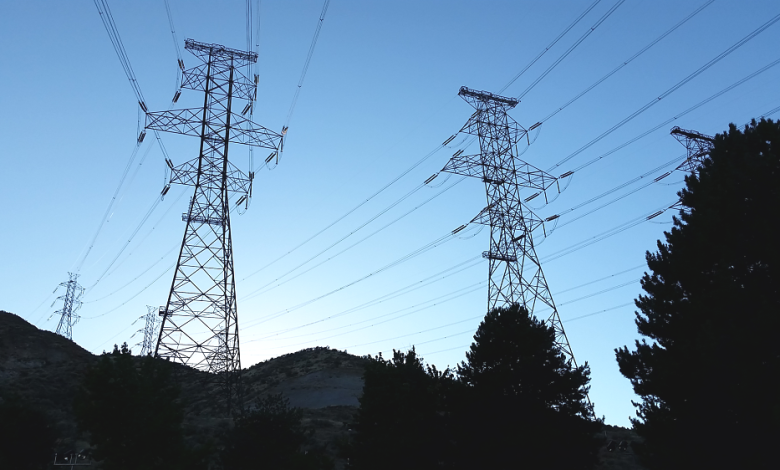Power Grid
TANZANIA EYES FIRST PPP POWER TRANSMISSION PROJECT.
JUMA SULEIMAN

The Tanzanian government is currently engaged in discussions with two foreign investor companies interested in developing power transmission projects valued at approximately $1.2 billion. If successful, these initiatives will mark the first Public-Private Partnership (PPP) power transmission projects in Tanzania's history, shifting the current model where power transmission is solely managed by the state-run Tanzania Electric Supply Company (TANESCO). This potential involvement of the private sector in high-voltage power line construction represents a significant evolution in Tanzania's energy landscape.
Mr. David Kafulila, the Executive Director of Tanzania’s PPP Centre, highlighted the government's commitment to learning from successful PPP models in countries such as India, Peru, Chile, Brazil, and the Philippines. These countries have demonstrated the viability of private sector involvement in power transmission, and Tanzania aims to adopt best practices to ensure successful implementation. The PPP Centre's mandate is to coordinate and evaluate investment proposals, emphasizing the importance of a structured approach to these partnerships.
Despite the promise of these PPP projects, Tanzania faces several challenges in implementing them, including regulatory, legal, and institutional barriers, as well as limited skills within government entities. There is a pressing need for technical support and capacity-building initiatives to effectively integrate PPPs into the energy sector. Development partners are advocating for this agenda across East Africa, collaborating with countries like Kenya and Uganda to bolster regional energy cooperation.
The Tanzanian government had previously announced a $1.9 billion investment plan in 2022 to upgrade the nation’s electricity transmission infrastructure. While Tanzania currently enjoys a surplus of power, access remains uneven, and inadequate transmission networks hinder potential exports to neighboring countries facing energy shortages. The integration of the private sector is expected to enhance the quality, reliability, and accessibility of electricity, reduce transmission losses, and potentially lower electricity costs for consumers, paving the way for a more robust regional power trade.
